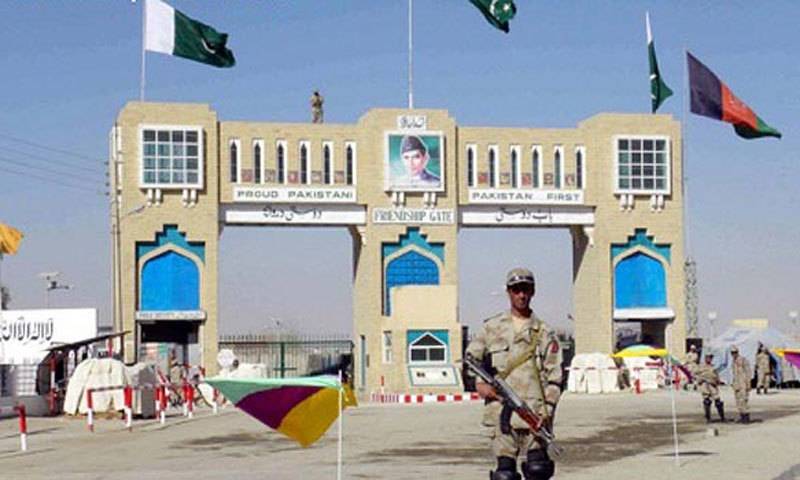Pakistan’s military strikes against terrorists inside Afghanistan have drawn a limited response from the international community. Kabul has strongly protested the move, as it was expected it would, but only the United States has intervened in this matter – and that too in a cautious manner. Senior officials at the Ministry of Foreign Affairs on Sunday said that Washington wanted Kabul and Islamabad to agree on the extent of the military action, so that it did not explode into military confrontation.
This is well and good, the United States being a vital player in the AfPak region meant it was bound to comment, but one has to question where this cautionary tone and intervention was when India claimed to have conducted its fake ‘surgical strike’ into Pakistani territory? Principals tend to lose their force if not applied uniformly, and the United States’ behaviour regarding foreign intervention in other states is inconsistent.
This caveat aside, essentially the United States has no problem with Pakistan conducting military operations inside Afghan territory – and it shouldn’t, considering it felt the need to invade and occupy the country for over a decade – but wants Pakistan to coordinate with the Afghans to avoid an unwanted military confrontation. This is sound advice, the military has increased the deployment of troops along the border, the border crossings at Torkham and Chaman remain closed, increasing friction with Afghan authorities is a reality, and diplomatic outreach is non-existent at the moment. The chance of a border skirmish is very high, and increasing every day.
That being said, the United States needs to do more than just passively give advice that is pretty self-evident in the first place. It needs to recognise its role as an important mediator that wields influence in Kabul and and utilise it to compelling the Afghan government into working with their Pakistani counterparts. The United States is in a unique position, and the facilitation of this coordination suits it the most; it allows Pakistan to take up some of the burden of clearing the south-eastern regions of Afghanistan, and cooperation may also lead to a crackdown on the Afghan Taliban.
It is becoming abundantly clear that the terrorist problem in the region cannot be isolated to countries – it is an AfPak problem. The world views it as such, and now so does our military. A proper solution will involve both countries.






